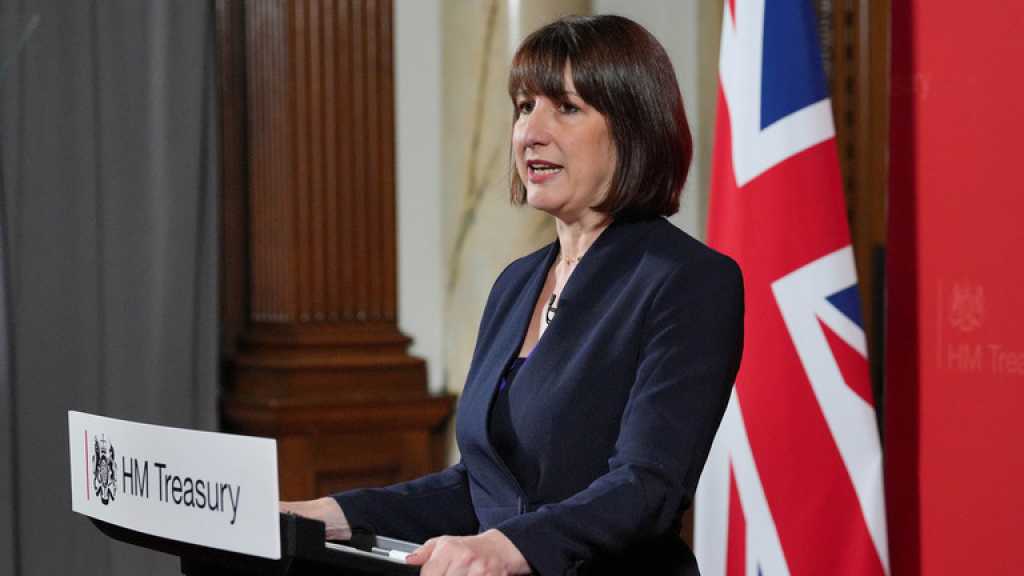UK’s New Chancellor: Finances Worst Since 1945

By Staff, Agencies
The UK’s newly appointed chancellor of the exchequer, Rachel Reeves, announced that the government has inherited the worst economy since the Second World War.
Reeves took charge of the country’s finances after Labour won 412 of the 650 seats in the House of Commons in last week’s general election, ending 14 years of Conservative Party rule.
“I have repeatedly warned that whoever won the general election would inherit the worst set of circumstances since the Second World War,” Reeves said in a speech at the Treasury on Monday.
“We face the legacy of 14 years of chaos and economic irresponsibility,” she added, accusing her Tory predecessors of acting out of “political self-interest” as part of a “government that put party first, country second.”
“New Treasury analysis that I requested over the weekend shows that, had the UK economy grown at the average rate of other OECD [Organization for Economic Co-operation and Development] economies this last 13 years, our economy would have been over £140 billion [$179 billion] larger,” Reeves said. She claimed that Tory policies effectively cost the UK budget £58 billion [$74 billion] in lost tax revenue in 2023 alone.
“That’s money that could have revitalized our schools, our hospitals, and other public services,” the new chancellor said. “Growth requires difficult choices – choices that previous governments have shied away from.”
Reeves vowed to end “political timidity” in the UK’s “antiquated planning system,” and promised reform while staying committed not to “no increases in National Insurance, and the basic, higher, or additional rates of Income Tax, or VAT.”
According to The Guardian, the UK’s deficit has reached the highest level since the 1960s under more than a decade of Conservative governments, while the country was badly affected by “shocks including Brexit, the Covid pandemic and the cost of living crisis.”
Comments
- Related News




